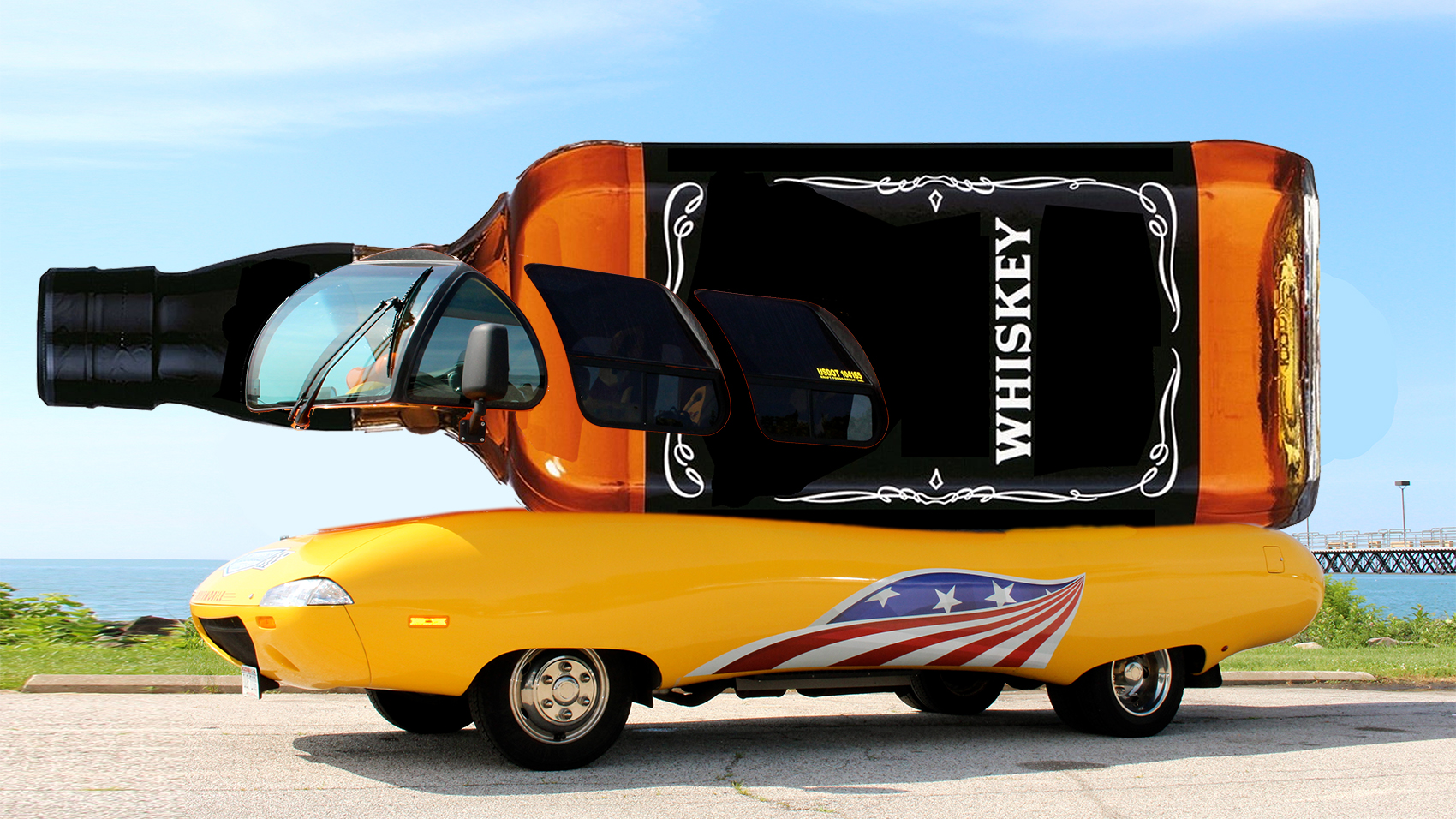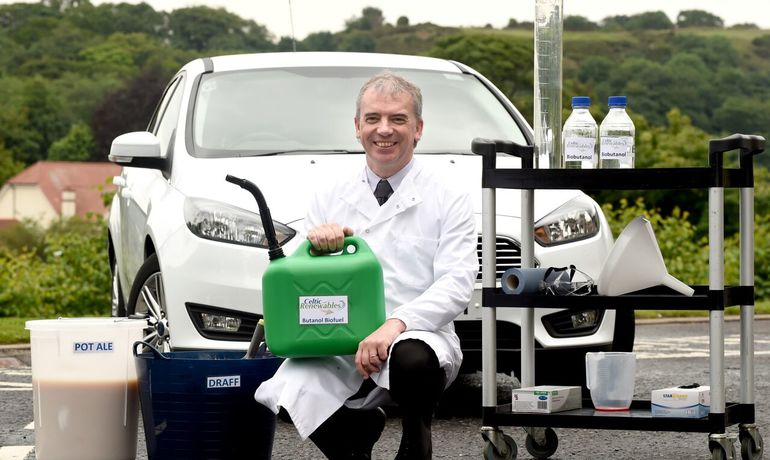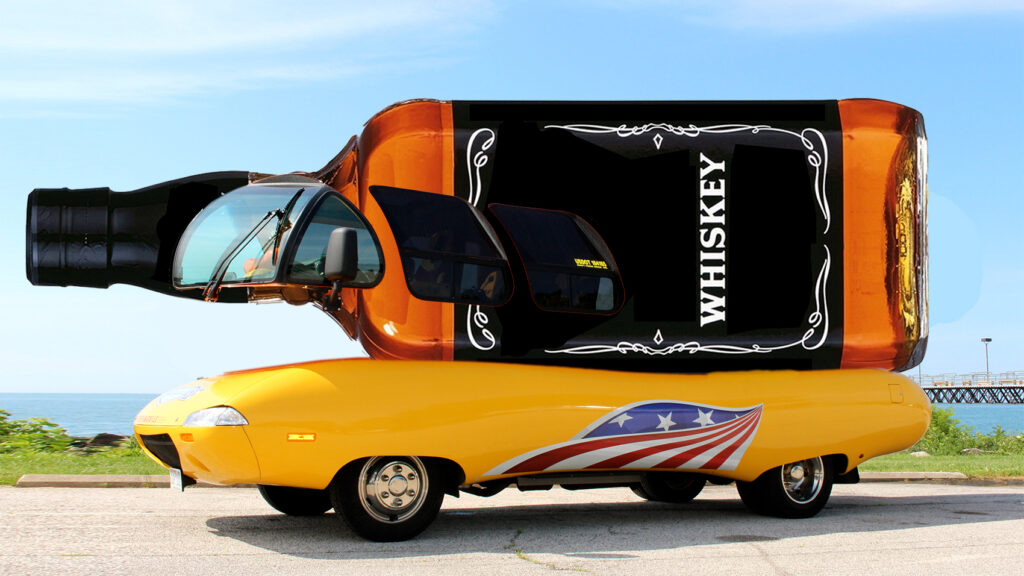
Since 2012, Edinburgh, Scotland-based biofuel juggernaut Celtic Renewables Ltd. has been paving the way towards a brighter future for humankind. That’s because the company, a spinoff from Edinburgh Napier University, has been quietly developing biobutanol. Well, not quietly over there, where the government recently fermented Celtic’s operation with a £9 million grant to build a full-on biobutanol plant, scheduled to open in 2019. Oh, and biobutonal is a fancy name for a biofuel engineered from the waste generated by the Tullibardine Scotch distillery in Blackford, a sleepy little village located about 75 clicks north of Edinburgh.
Yes, you read that right. We’re sitting here debating “clean coal” and fucking fracking, while the Scots have figured out how to make auto fuel from the leftover sludge at the local Scotch factory. It’s kind of like how hot dogs are made, but instead of being comprised of lips and assholes and the ability to fuel your trip to the 4AM bars, biobutanol is made from draff and pot ale, and can fuel the taxi that will take you to the 4AM bars.
No, Celtic Renewables isn’t turning pot into petroleum (Big Marijuana, are you listening?), but rather taking Tullibardine’s leftover kernels of barley (draff) and yeasty liquid left over from fermentation (pot ale), waving a magic wand, and somehow turning whiskey into auto fuel that can work to run any car’s engine.
The company’s president and founder (and probably the best roommate you could have asked for in college), Professor Martin Tangney, told the BBC “This is the first time in history that a car has ever been driven with a biofuel produced from whiskey production residues.” He added, “It is fitting to do this historic drive in Scotland, which is famous not just for its world-renowned whiskey but also for being a powerhouse for renewable energy.”

While none of this is news for the Whiskeymobile enthusiasts among us, the big story this week is that Celtic Renewables successfully test-drove the first biobutanol-fueled automobile.
BBC Scotland reporter Lisa Summers was behind the wheel for the Whiskeymobile’s maiden journey, and said that the car “fell smooth” on the short jaunt, and didn’t notice any difference from a regular ol’ Petrolmobile. No mention was made about how the Whiskeymobile compared to the Ginmobile. Also, we’re pretty sure that there is no Ginmobile.
The BBC also reported that Celtic Renewables will be targeting other whiskey-producing countries, such as Japan, India and these United States. Kentucky, we’re putting you on notice! Let’s catch up to Scotland. Give us the Bourbonmobile!




